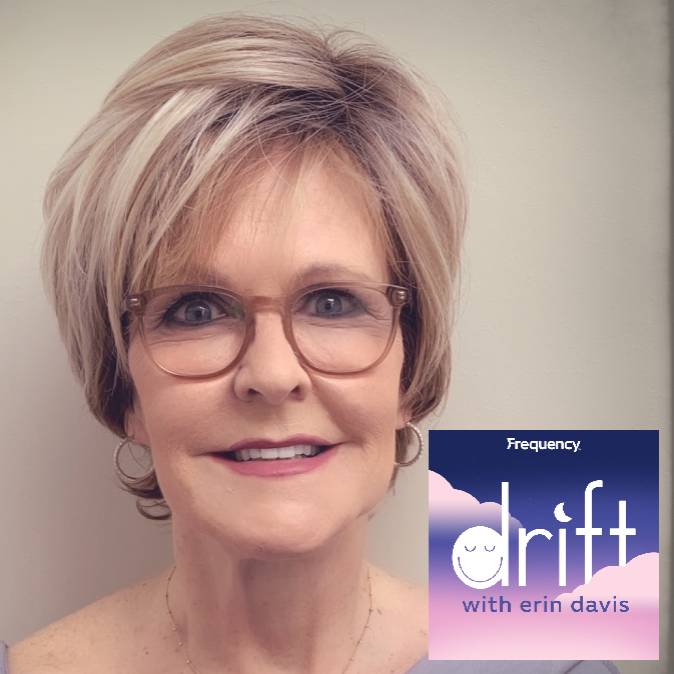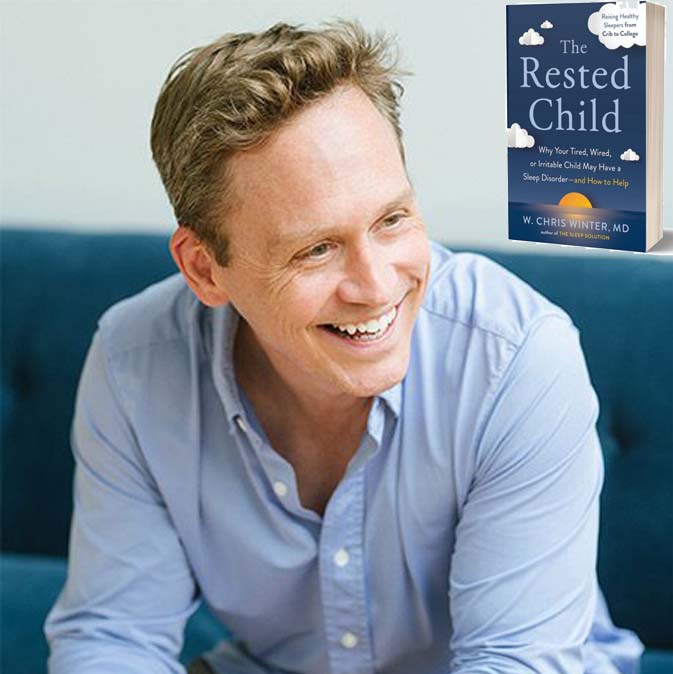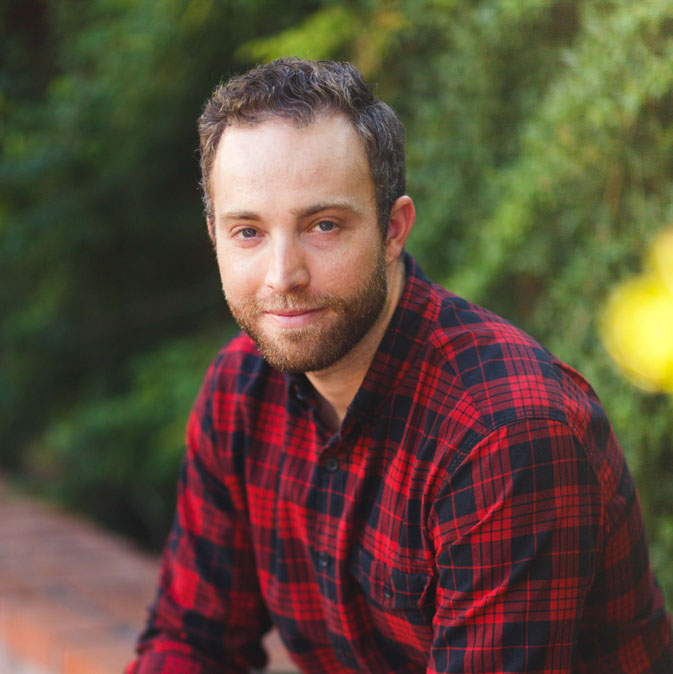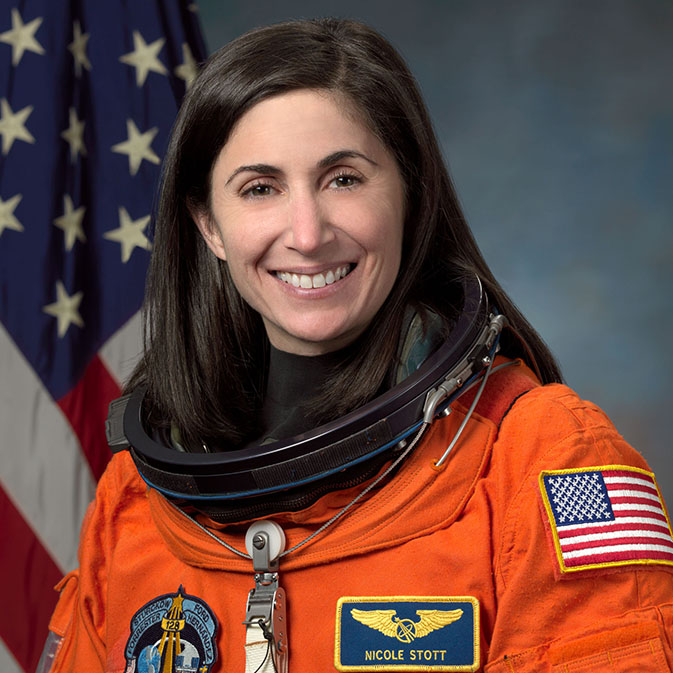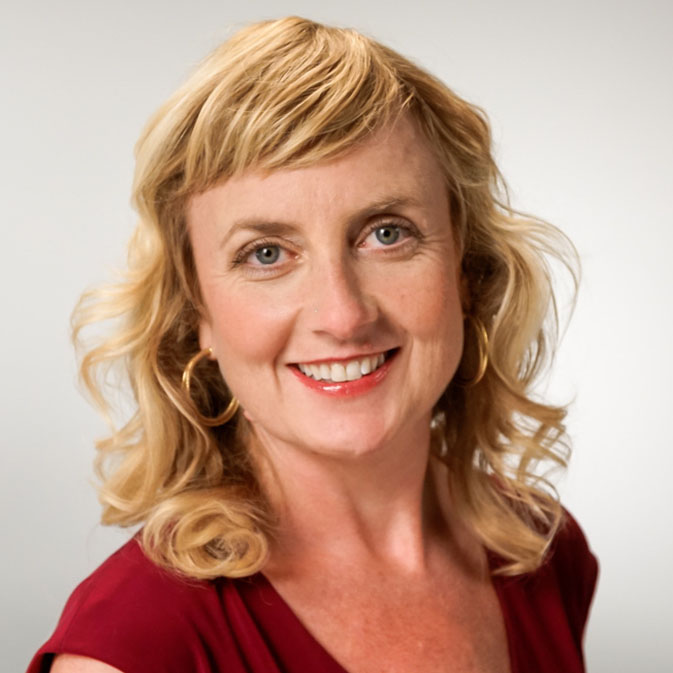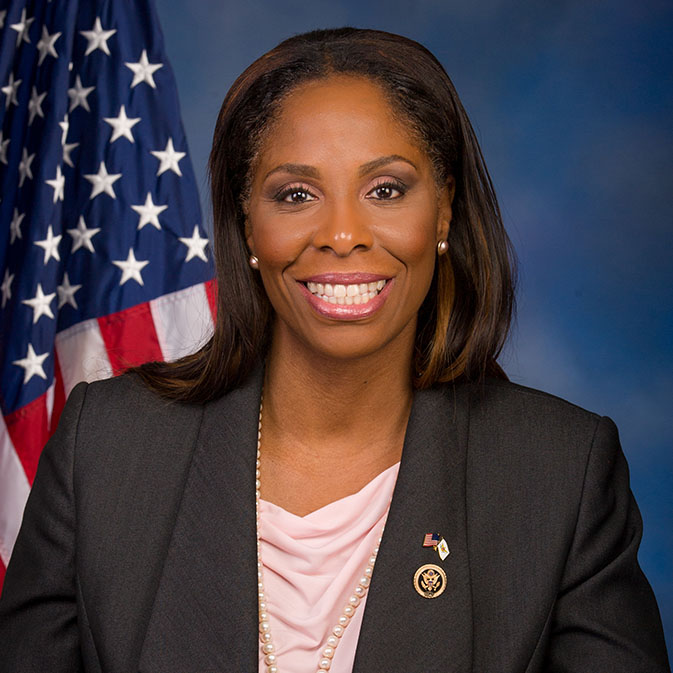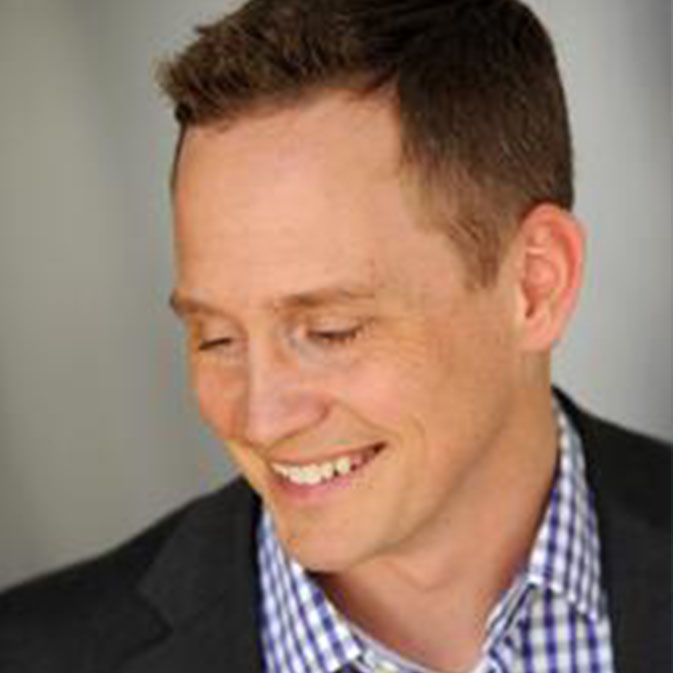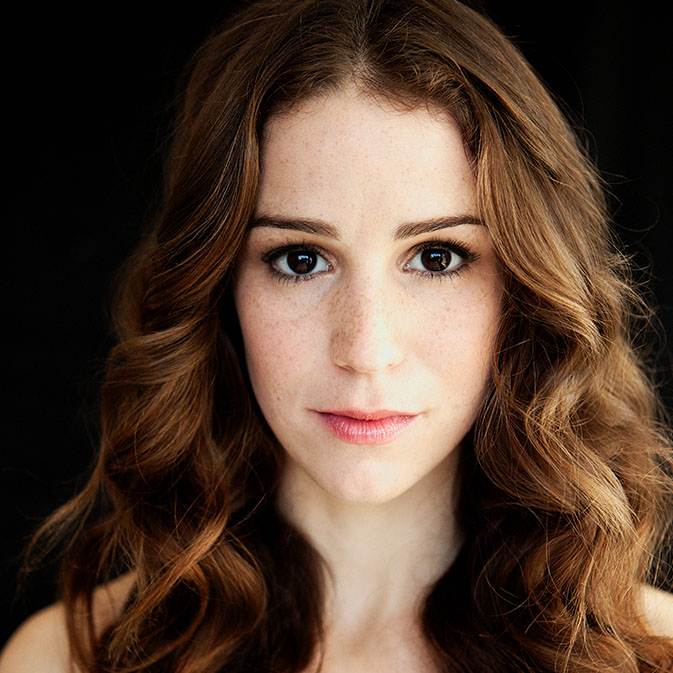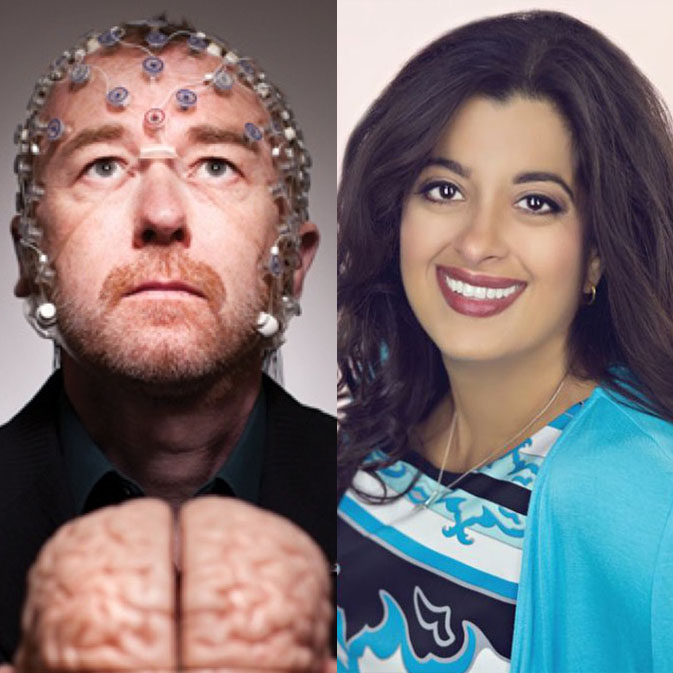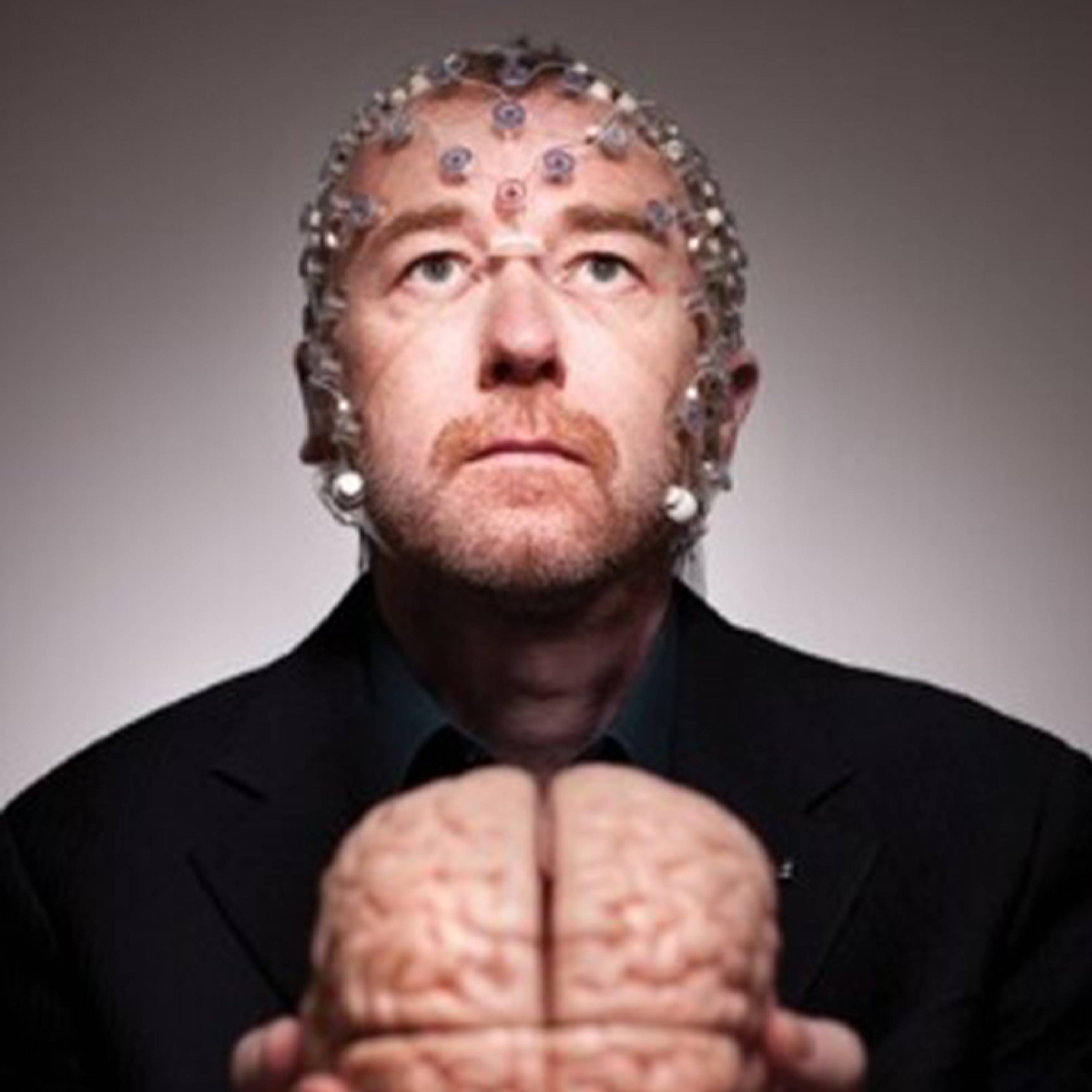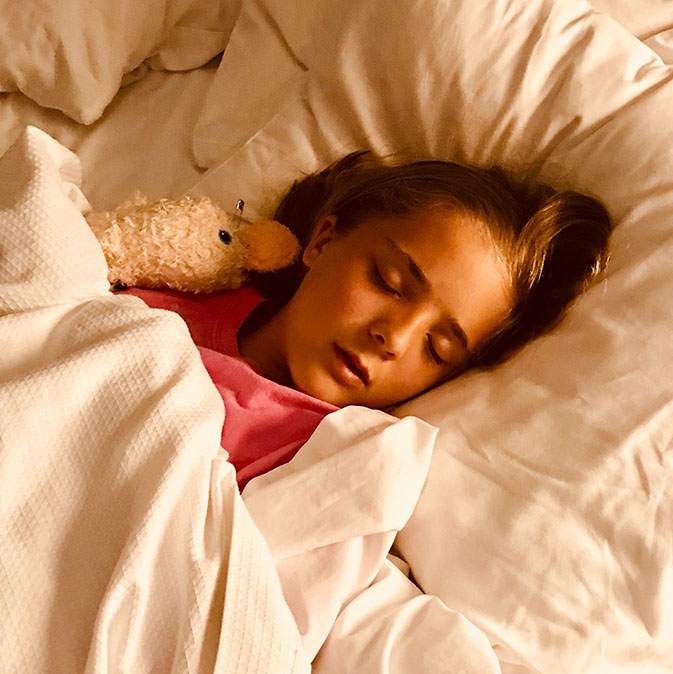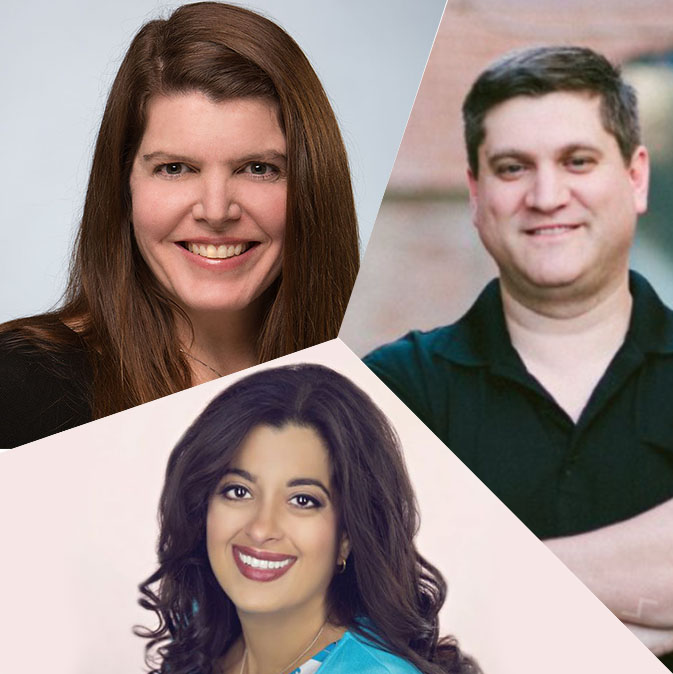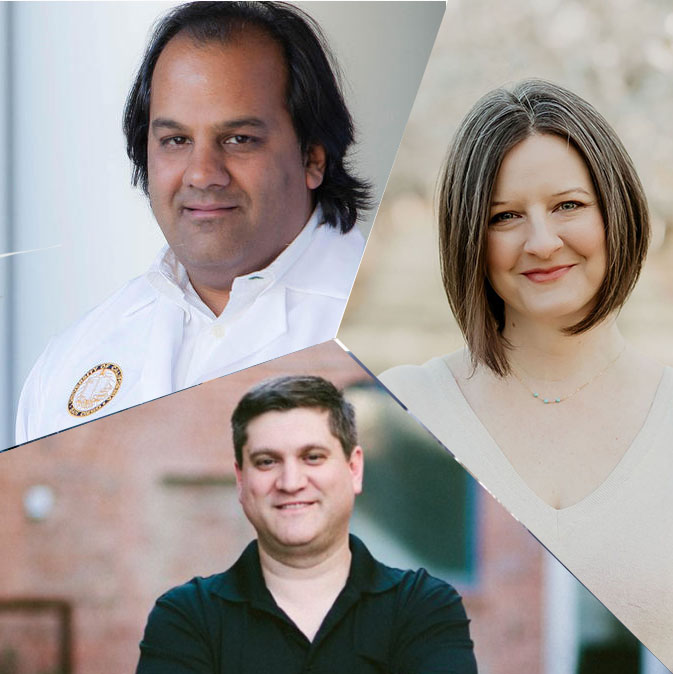Discover The Snooze Button
The Snooze Button

The Snooze Button
Author: The Snooze Button
Subscribed: 18Played: 290Subscribe
Share
© 2022 The Snooze Button. All Rights Reserved.
Description
In North America alone, there are about 100 million people with sleep issues. Maybe you're one of them. Every week, veteran broadcaster Neil Hedley sits down with celebrities, high achievers and the world's top neuroscientists to try and find answers to his own 30-year battle with sleep issues in the hope that he might find an answer that works for you, too.
63 Episodes
Reverse
One is an actual rock star - Lawrence Gowan from Styx talks about health, fitness and sleeping on the tour bus for rock stars who are, like fine wine, getting better with age. (He also weighs in on Styx not being members yet of the Rock & Roll Hall of Fame.)The other is a rock star in the sleep world - Dr. Mark Boulos from Sunnybrook Health Sciences Centre in Toronto is Neil's sleep specialist, and offers important information that could completely change the life of someone you care about if sleep issues come along with mental health concerns as well.
Screw your opinion, what does the science say?The Snooze Button is back after an eighteen-month hiatus with an all-star panel of experts to tackle this (t)horny question: Does sex improve your sleep?
Hey, Bedheads! We're back!
Diane Macedo's first book, The Sleep Fix, officially came out today, and we were fortunate to grab some time. (You can win a copy of The Sleep Fix by clicking here.) Diane points out that she and Neil are kind of kindred sleep spirits. They both figured that their sleep challenges were linked to their careers in the media. In Diane's case, Ambien stopped working. Her health was declining. She tried everything. However, relief was coming. Diane the insomniac tackled the problem like Diane Macedo the journalist would - by talking to the world's leading sleep researchers, learning the science, and searching for the truth.
Sleep trackers and tracking technology are among the many obsessive interests of one Jesse Cook, PhD student and perhaps Twitter's most prolific sleep nerd. He's written a ton of papers about trackers and sleep tech. He geeks out with Neil this week on wearables, "nearables" and where the gear is heading. The two also cover Restless Legs Syndrome, and how trackers can serve as beacons for RLS.
This week, Erin Davis and Drift take over The Snooze Button podcast, with Erin fresh from last year's induction into the Broadcasters Hall of Fame. She spent decades waking people up with a smile on one of North America's largest radio morning shows. But now, she focuses on the other end of the sleep experience. Erin's new podcast, Drift, features peaceful bedtime stories to help soothe you toward a comfortable night's rest.
We kick off our third season of The Snooze Button with the return of Dr. Chris Winter, sleep specialist and author of The Rested Child. Chris and Neil get into everything from setting a specific bedtime for kids, to school start times, to smart cribs. They even get into the "cry it out" episode of Mad About You, Simone Biles, and 102 mph fastballs.
We're back on October 11 with a new season, new experts, new celebrity guests and a brand new website! See you then!
Dr. Alex Auerbach is the Director of Wellness and Development for the Toronto Raptors. He joins Neil to talk about all things "north of the neck" for elite athletes. They cover sleep, self-care, the drive that can lead athletes to incredible injury recoveries, and even the psychology behind performance-enhancing drugs.
Sleeping in space is, quite possibly, one of the least glamorous parts of the entire astronaut experience. It’s rarely shown in space movies, unless the sleep leads to some kind of attack from alien baddies. Except that how to allow astronauts to sleep in orbit is quite possibly one of the more difficult things to consider about space travel. Think about it: How do you train for something like that? Sleeping in space is completely unlike sleeping in any other scenario known to humankind. In addition, you can’t re-create those conditions on Earth. After all, you have to put an airplane into free fall to duplicate a zero-gravity environment. Not exactly a calming vibe to let you drift off. On the other hand, think about all the cool advantages. For example, you don’t sleep on a lumpy mattress – there is no mattress. Then again, there’s no cool side of the pillow; you don’t need a pillow when you’re sleeping in space. But consider this: On the International Space Station, there’s another sunrise every 90 minutes. Just imagine what that does to your circadian rhythms. On this week’s episode of The Snooze Button podcast, we talk to Astronaut Nicole Stott. In particular, we’re fascinated by the answer to the question, “How did you possibly get any sleep the night before you became just the 10th woman in history to walk in space?!” Once we get Nicole’s secret to space sleep, as we’ve done with our other celebrity guests, we pass the science of Nicole’s “sleep hack” through the scientific filter of Dr. Michael Grandner from the University of Arizona. This interview was recorded just hours after the latest mission to Mars saw us flying a helicopter out there, and controlling it from here. And we get into far more about the final frontier than just a good night’s sleep. Linkapalooza Nicole Stott on Twitter Nicole’s amazing book, Back to Earth: What Life in Space Taught Me About Our Home Planet―And Our Mission to Protect It (Affiliate link) A look at Inspiration4, a groundbreaking program from NASA in support of St. Jude Children’s Research Hospital The Space for Art Foundation homepage
The nap is a completely foreign concept to our host, Neil Hedley. Because Neil typically takes an hour or so to fall asleep, intentional short-duration sleep has normally been beyond his grasp. Then, he met Dr. Sara Mednick. Sara is Professor of Cognitive Neuroscience at the University of California, Irvine and author of the book, Take a Nap! Change your life (affiliate link). She looked at data from a study involving napping habits in nearly 4,000 elementary school children. Subsequently, she and her team found some fascinating patterns. For example, it turns out that the nap is among the things credited for improvements in cognition, psychological wellness - including what Sara and her team referred to as "grit" - and reduced emotional and behavioral problems. We've talked before about sleep duration, like in two episodes with Dr. Adrian Owen OBE, but we've never gotten into detail on a quick siesta. As a result, that detail shows up here. We talk about everything from how sleep hygiene applies to a short snooze, to the idea of a coffee nap. We're wired to nap, Sara says. Or at least some of us are. Daylight doesn't have the same impact on the crowd that's predisposed for grabbing some quick shut-eye, for example. Furthermore, some people actually get better sleep at night when their day includes a nap. Especially when it happens as far removed as possible from their nighttime sleep. Sara told us, "a twenty-minute nap at any time of the day is really not going to interfere with your sleep." Moreover, she says if you do it earlier in the day, and for a little bit longer, even an hour and a half, "we haven't shown any differences in nighttime sleep." Linkapalooza You've got to see Sara's website. (Be sure to check out the Nap Wheel!)
When we say that Congresswoman Stacey Plaskett from The US Virgin Islands has a surprising sleep routine, we don't mean that she does anything strange or unusual. It's simply that like so many of us, sleep is something that shows up for Rep. Plaskett when she's run out of things to do. And like our friend Chilina Kennedy from a couple of episodes ago, she's stumbled upon a sleep solution that, according to Dr. Michael Grandner from the University of Arizona, has at least a loose basis in science. Of course, if the name doesn't immediately register, quickly Googling Congresswoman Stacey Plaskett should immediately reveal why we were excited to get her on the show: She had a colossally big day. One that made history. And though it would be easy to dismiss as a "third rail" subject that we shouldn't address on a sleep podcast, she's exactly the kind of person we should be talking to, because the question arises, "How did you possibly manage to fall asleep the night before?" We talk not only about the Congresswoman's ongoing sleep issues, but also things like the study from Dr. Dayna Johnson at Emory University, linking race with sleep in a way that is stark and disturbing. We also get into school start times in The US Virgin Islands, and how our Congressional Representatives go about affecting change when the science is undeniable. However, the Congresswoman has a "mic drop" moment at the end of her interview with Neil, where she makes a veiled reference to sex being good for sleep. We pursue that as a subject of conversation, almost to the point of being uncomfortable, with Dr. Grandner. And you'll be surprised what that conversation reveals about the data concerning sex and sleep. Linkapalooza Congresswoman Stacey Plaskett and her official Congressional web page.
"High performance" is something that most of us share as a common goal, whether by design or by default. After all, no one thinks to themselves, "I really want to be mediocre today." Elite athletes are learning that the key to high performance is in the things they do when they're not playing. Sure, traditionally that has included things like nutrition and training, but tons of research has shown that an hour in the sheets might be better than an hour in the weight room. Dr. Chris Winter is known in the sports world for his work with elite athletes - not only one-on-one, but with entire teams. He's also recognized as a high performance specialist in his own right - a fully board certified neurologist and double board certified sleep specialist, he's been improving sleep at his private clinic and in group consultations with a presence in sleep medicine for more than twenty-five years. His first book, The Sleep Solution: Why Your Sleep Is Broken and How To Fix It (affiliate link), just marked its 4th birthday on shelves; now, it's being followed by The Rested Child: Why Your Tired, Wired, or Irritable Child May Have a Sleep Disorder--and How to Help (affiliate link), which is now available for pre-order. It lays out the path for high performance children by first cutting through common misdiagnoses of things like diabetes, learning disorders, chronic pain or others, which actually are just sleep disorders that aren't so carefully disguised. Dr. Winter joins the show and along with host Neil Hedley, has almost a little too much fun, if there is such a thing. They discuss everything from high performance athletes to high performance kids and everything between. Linkapalooza Charlottesville Neurology and Sleep Medicine - Dr. Winter's private clinic. Here's a link to Dr. Winter on Twitter.
Actress Chilina Kennedy had a night that most of us can only imagine: Portraying one of her heroes, on Broadway, while that hero sat in the audience watching. As the star of Beautiful: The Carole King Story, Chilina did hundreds of shows as the legendary singer/songwriter. However, our guess is that if you look up the word "pressure", there's probably a picture of Chilina the night before. (Turns out we'd be wrong, according to Chilina.) How do you fall asleep in a situation like that, when you have such a massive day ahead of you? We start exploring that question with people from all walks of life, both famous folks and the everyday people you're probably in line with to get your coffee. For her part, Chilina swears by a calm, comfortable environment when she's trying to sleep - she adds relaxation exercises and body scan processes not only for herself, but for her young son as well. But what does the science say? Enter Dr. Michael Grandner from the University of Arizona, who talks about the difference between relaxation and sleep, and looks at the science behind the routine Chilina has been using for years. In addition, we talk to Michael about something called "sleep friendly ice cream", and Neil's #Beditorial looks at media articles and segments that don't give sleep the attention and seriousness it deserves, by highlighting products with ill-informed claims that offer false hope, and by shunning science in pursuit of click-baity headlines. Plus, we preview next week's show, and give you a peek at the special guest who joins us for the April 19th episode, as we continue talking to people who had to fall asleep the night before a massive day. Linkapalooza Get the latest on Chilina Kennedy and what she's working on (including an exciting new musical) here. Learn more about the "sleep-friendly ice cream" by going to Nightfood's website here.
Cognition – specifically, cognitive decline – are at the heart of why The Snooze Button began in the first place. And it’s front and center as we officially kick off Season Two of the show, with not only a continuation, but an evolution as well. Our Guests We’re excited to welcome Dr. Adrian Owen, OBE back to the show – he was our first guest ever, and we talk not only about his massive study of sleep and cognition that led to conclusions that even the researchers weren’t expecting, but get his “signoff” on our approach to the research into cognitive function and sleep that will be the cornerstone of Season Two. If you’d like to revisit the details of the study where Dr. Owen’s team found “the sweet spot” for sleep for most people – and what happens to your cognitive function if you get too little or too much sleep compared to that sweet spot, you can find it here (don’t worry, it’ll open in a new tab). In addition, our friend Dr. Seema Khosla returns for a look at what COVID has done to our sleep, what it’s done to sleep research, and what sleep does to COVID, too. Continuation and Evolution Season Two marks a slight shift in not only direction, but also presentation of our show. First, the direction of the show is shifting slightly toward research, in addition to continuing the learning. Season Two continues the conversations with sleep researchers and scientists from around the world, but now also includes Neil’s research into his own sleep issues. We’ll be talking regularly with celebrities, high achievers and newsmakers who have sleep challenges baked into their day-to-day experience. Each of them will offer Neil a sleep tip which he’ll try out for a couple of weeks, testing his cognitive performance and sleep data along the way, and bringing you into the loop so you can see which things worked, and which things didn’t. Second, there’s the presentation of the show – we’re now on YouTube! The YouTube version of the show is the exact same content as the full-length podcast, just with a video element added. We hope you like it. That, too, will evolve as we get better at playing with all the fun video tools. Linkapalooza Cambridge Brain Sciences is the website where you’ll find the tests of cognition that Neil and Dr. Owen discussed. There’s no charge to take the tests – try them for yourself, and let us know what you find out! This link will take you to Talking Sleep with Dr. Seema Khosla – the official podcast of the American Academy of Sleep Medicine. Our Sponsor If you need hosting for a website project, our humble opinion is that you can’t do better than Nexcess Managed WordPress Hosting. However, if you click this link and visit NeilSentMe.com (affiliate link), you’ll get a sweet 25% discount on your first three months! It’s the same platform this website sits on, and the platform that our company uses for every website project it’s involved in (we currently have six on the go).
Dr. Adrian Owen has been named a member of the Order of the British Empire in recognition of his contributions to neuroscience.Here, in an episode that is sadly fraught with technical issues (sorry, podcasting purists), he talks with Neil about a laundry list of topics about what's going wrong north of your neck when you're not getting enough sleep.
COVIDsomnia is its own special brand of sleep disorder, brought on in one way or another by COVID-19. Sleep experts say it’s not only the physical toll the virus is taking on the people who’ve been infected. It’s also keeping people awake at night with worry about whether they or their loved ones will get sick, too. We cover COVIDsomnia this week with a couple of experts dealing with very different groups of patients. First, Neil talks with Dr. Lynelle Schneeberg. She’s an Assistant Professor at Yale School of Medicine and Director of the Behavioral Sleep Program at Connecticut Children’s Medical Center. She’s also the author of the terrific book for parents, Become Your Child’s Sleep Coach. (Affiliate link.) Then, we look at COVIDsomnia with Dr. Seema Khosla from the North Dakota Centre for Sleep. You might also have seen her just recently as the sleep expert on Good Morning America. Seema talks about the eleven patients in her practice who’ve tested positive. We cover a lot of ground in these two conversations. COVIDsomnia sparks discussion about everything from sleep apnea to delaying school start times. LINKAPALOOZA You’ve heard Dr. Schneeberg on the show before. She was first on with us last October to talk about her book, Become Your Child’s Sleep Coach. She also joined the show February 10 to talk about sleep crutches and how they affect kids and adults. In addition to talking about COVIDsomnia this week, Dr. Khosla is a regular guest, too. Among Seema’s highlights: We discussed her podcast, Talking Sleep, on our episode from May 24, 2020. She came back in September to talk about wearable sleep trackers. And she was back again last week to talk about the crazy COVID dreams people have been having. That chat was an early intro to the COVIDsomnia conversation in this week’s episode.
Okay, we all know that REM sleep is important, so maybe the headline is a little sensationalized; but the data don't lie. Dr. Eileen Leary joins the show this week to talk about a fascinating look at nearly ten thousand people, that points to a reduction in REM sleep as a risk factor for mortality. One of the things that's fascinating about this data is that Eileen tried - repeatedly - to come up with another way to explain what she found. Instead, she can quantify the risk of all-cause mortality that you sign up for when you don't get enough REM sleep. Couple that with the work Laura Bojarskaite is doing at The University of Oslo looking into the glymphatic system and REM sleep, and suddenly we see a picture starting to materialize where deep sleep isn't the holy grail after all. (We talked to Laura on the September 7 episode of The Snooze Button podcast.) Additionally, Dr. Michael Grandner from The University of Arizona talks about amateur epidemiology, and Dr. Seema Khosla from The North Dakota Center for Sleep talks COVID nightmares. We also have an update for Seema about how in love we are with the new Dreem 2 headband (affliate link) that she sent our way, and the changes in REM sleep it's measuring compared to the Fitbit Versa 2. Here's the link to Eileen's dissertation at Stanford. Perhaps better suited to North American attention spans, here's the infographic version of Eileen's REM sleep study. Note: As I'm writing my book and researching which "hacks" worked and which didn't, I'll be tracking my sleep with a Dreem 2 headband. The people at Dreem didn't give me a tracker to use; far from it, in fact. However, if you click this link or the one above and end up getting a Dreem 2 headband of your own, I get a tiny little "thank you" check from them.
The sleep tracker has become the latest must-have tech gadget. I’ve gone through at least half a dozen myself as my efforts in tracking my sleep have gone through a number of iterations. The obsession with the data sleep trackers spit out can cause its own special brand of insomnia – orthosomnia, the sleep nerds call it. (We discussed orthosomnia a couple of times on the show before. We’ve talked to Dr. Seema Khosla about it, and Dr. Jade Wu, among others.) However, trying to find just the right way to go about tracking my sleep served a specific purpose, in my case. I’m writing a book about my lifelong battle with insomnia, and I’m trying to help others by road-testing a number of things that claim to give you a good night’s sleep. (I leaked the first three chapters in audiobook form here.) The trouble is, if I don’t have a dependable sleep tracker, I have no real way of knowing what worked and what didn’t. That’s where Dr. Seema Khosla comes in. She’s the former chair of the Presidential Technology Committee of the American Academy of Sleep Medicine. As a result, she has seen every gadget and piece of gear that’s out there. She has also tried several of them herself. It Was Like Christmas! Last week, Seema sent me a large box, filled with sleep tracker after sleep tracker. I now have more of these gadgets myself than your average Best Buy. However, my conversations – both on and off the air – with Seema have led me to make a change to my original plan for the book, which was to use a Fitbit Versa 2 as my go-to for tracking my sleep. Few people would take my amateur research project seriously, because the data was likely to be flawed right out of the gate. We talk our way through an “unboxing” of the various devices she sent me, while we save for last the one I’m going to be using going forward. [SPOILER ALERT: I’m going to be tracking my sleep with a Dreem 2 headband. You’ll hear us discuss why in the episode. The people at Dreem didn’t give me a tracker to use; far from it, in fact. However, if you click this link and end up getting a Dreem 2 headband of your own, I get a tiny little “thank you” check from them.]
You probably know her as “Sleep Coach Beth”, from either her Calm And Cozy Book of Sleep, the Calm And Cozy Podcast, or her career as a sleep coach. Beth Wyatt has a Facebook group, too, where people with sleep challenges look to their coach and to each other. This week’s episode of The Snooze Button podcast is a long one – and it has to be! The Coach – Sleep Coach Beth Wyatt We talk with Beth about what a sleep coach does when sleep doesn’t show up. In addition, we cover meditation, the importance of comfort in sleep, and.. uh.. drawing faces on sleeping people, too. Her new book is less than two months old, and we’re excited to pick Beth’s brain about a variety of sleep concerns. The Expert – Dr. Atul Malhotra We’re also answering a listener email this week from Aimy in the UK, who was looking for an expert’s perspective on upper airway resistance syndrome (UARS), with some very specific questions that needed answers. We reached out to arguably the world’s leading expert on sleep-disordered breathing, Dr. Atul Malhotra from the UC San Diego School of Medicine. Dr. Malhotra is board certified in pulmonary disease, sleep medicine and critical care medicine. (Fun sidebar: Did you know we have a panel of sleep experts who will answer your questions about a variety of sleep issues? And if you come up with something that isn’t in our team’s wheelhouse, we’ll find an expert who can answer your question. Click here for more details.) The President – Dr. Michael Grandner And finally, we’re excited to again welcome Dr. Michael Grandner from the University of Arizona. Michael, newly-minted President-Elect of the Society of Behavioral Sleep Medicine, keeps an eye on sleep research like nobody we know. He’s been on the show multiple times to keep us updated. This week, he offers perspective on sleep staging that has changed the way we think about sleep.









